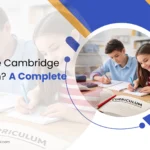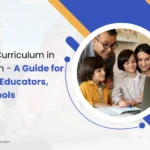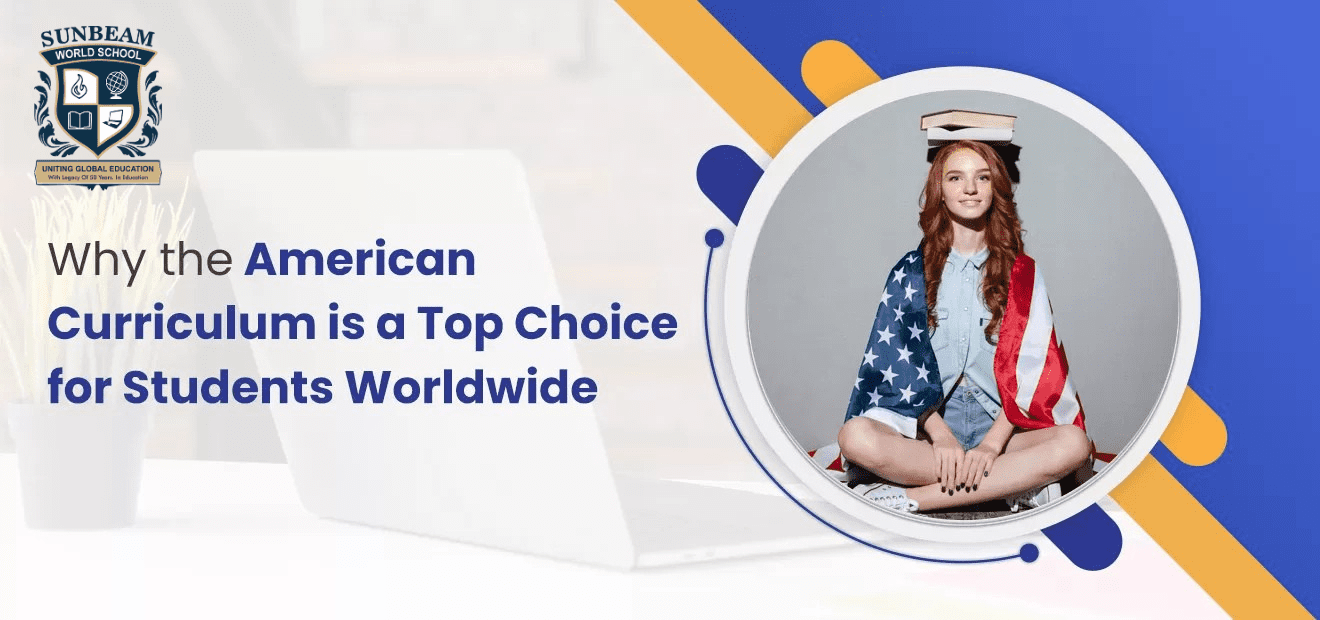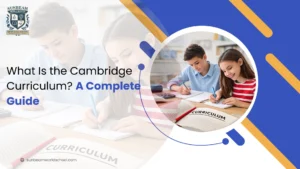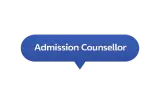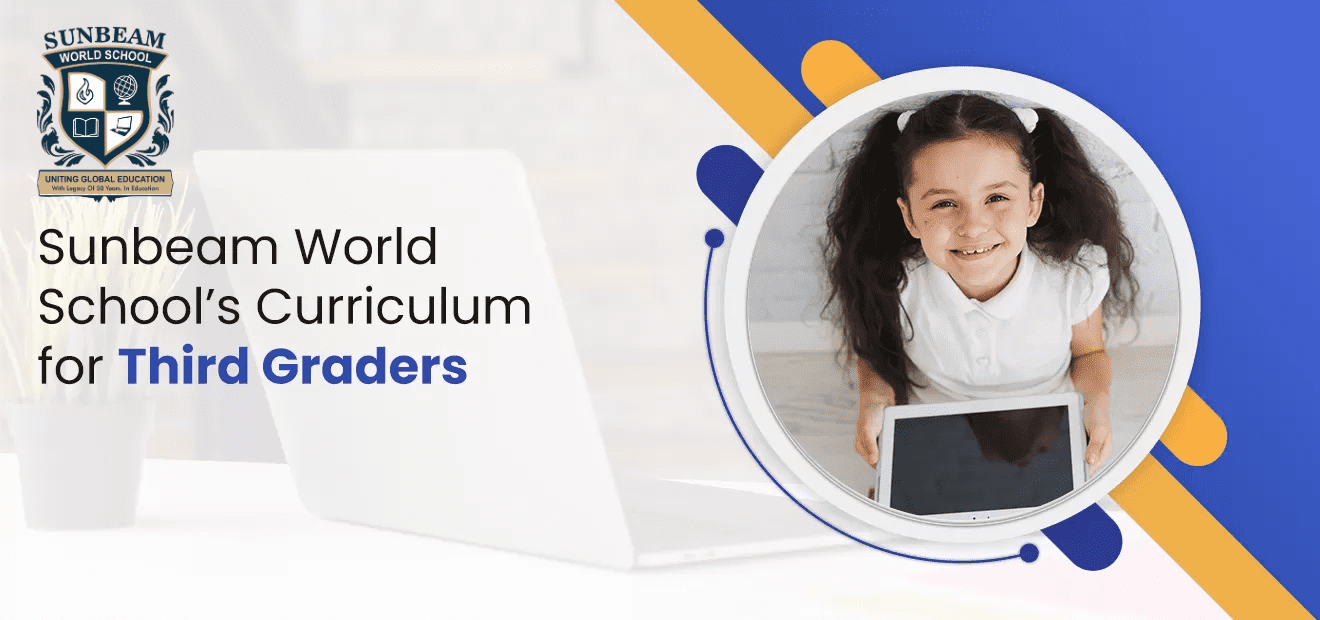
 Curriculum
Curriculum
Sunbeam World School’s Curriculum for Third Grader
Sunbeam World School noticeably says that by the time your children reach the third grade, they probably want to discuss their ideas and thoughts with others. You may be talking to people about your beliefs and the reasons behind them to find out if they share them or not. Now is the ideal moment to start homeschooling.
Sunbeam World School education provides a variety of curriculum packages, all of which are fully adaptable to your family’s needs.
The halfway point of your child’s elementary education is the third grade. Students ought to be well-versed in a variety of maths, language arts, science, and social studies ideas by this point. They will explore more difficult subjects that call for analytical and critical thinking abilities as they grow into more self-reliant learners. The third-grade homeschool curriculum provided by Sunbeam World School will assist your child in meeting their annual learning goals. Throughout your homeschooling adventure, our corresponding lesson plans are made to assist your family in keeping organized and on task.
What shall parents look for in a Third-Grade Curriculum?
Sunbeam World School noticeably states that the majority of our third graders are eight or seven years old. While they explore their surroundings and strive for independence at this age, toddlers still need help with certain chores. It’s important to keep these factors in mind when selecting the appropriate curriculum, whether you’re new to homeschooling and learning how to homeschool third grade or you’re just searching for something new.
- Does the program keep kids interested and make learning enjoyable?
- Is the content clearly taught with examples from everyday life?
- Does it come with reporting features that make monitoring advancement simple?
- Do kids have lots of opportunities to practice new skills?
- Do the tasks encourage the use of problem-solving techniques?
What Do Third Graders Learn at Sunbeam World School?
Sunbeam World School finds it crucial for children to have a firm grasp of these disciplines in the third grade so that they can start studying more complex topics in mathematics, language arts, science, and social studies. Third graders are expected to possess fluency in math facts so that they can proceed to more challenging tasks. Since children are now reading for learning, reading comprehension abilities are being tested to new heights this year.
Sunbeam World School’s Maths Curriculum
The third-grade mathematics curriculum and lesson plans of Sunbeam World School expand on the concepts covered in the second grade and will help your child become more knowledgeable and proficient in areas like:
- Table of multiplication
- Four-digit numbers are added
- Regrouping while subtracting
- To the closest tens and hundreds, round
- Recognising forms in two and three dimensions
- Figuring out word problems involving measurement, money, and time.
Sunbeam World School’s Language Arts Curriculum
The third-grade language arts curriculum and lesson plans of Sunbeam World School expand on the abilities children acquired in the second grade and help them become more knowledgeable and skilled in the following areas:
- Contrasting and comparing the data
- Transitional terms in writing
- Correct capitalisation and punctuation
- Prefixes, suffixes, and idioms.
Sunbeam World School’s Social Studies Curriculum
The social studies curriculum and lesson plans for the third grade of Sunbeam World School expand on the knowledge gained in second grade and expose students to a variety of important figures and locations in history. New subjects and ideas will also expand your child’s understanding of the following:
- The physical characteristics of Earth
- The colonies and India
- Indian rights and obligations
- Cash and reserves
Sunbeam World School’s Science Curriculum
Here at Sunbeam World School, your child will be challenged with increasingly complicated content in your third-grade science curriculum and lesson plans, which build on the abilities they have acquired in previous grades. It is urged to students to observe, inquire, and do independent research on ideas. Among the subjects discussed are:
- Force-Induced by changes in motion (gravity, friction)
- Magnetism and electricity (conductors, insulators)
- Climate and weather
- Types of energy (sound, light, and heat)
- Ecology (natural balance, food chains, ecosystems, and adaptations).
Apply for admission for the batch. 2024-25.
In this article
- What Is the Cambridge Curriculum? A Complete Guide to Cambridge IGCSE & Online Cambridge Education
- What Is Curriculum in Education? A Guide for Parents, Educators, and Schools
- Why the American Curriculum is a Top Choice for Students Worldwide
- Sunbeam World School’s Curriculum for Second Grader
- Sunbeam World School’s Curriculum for First Grader

